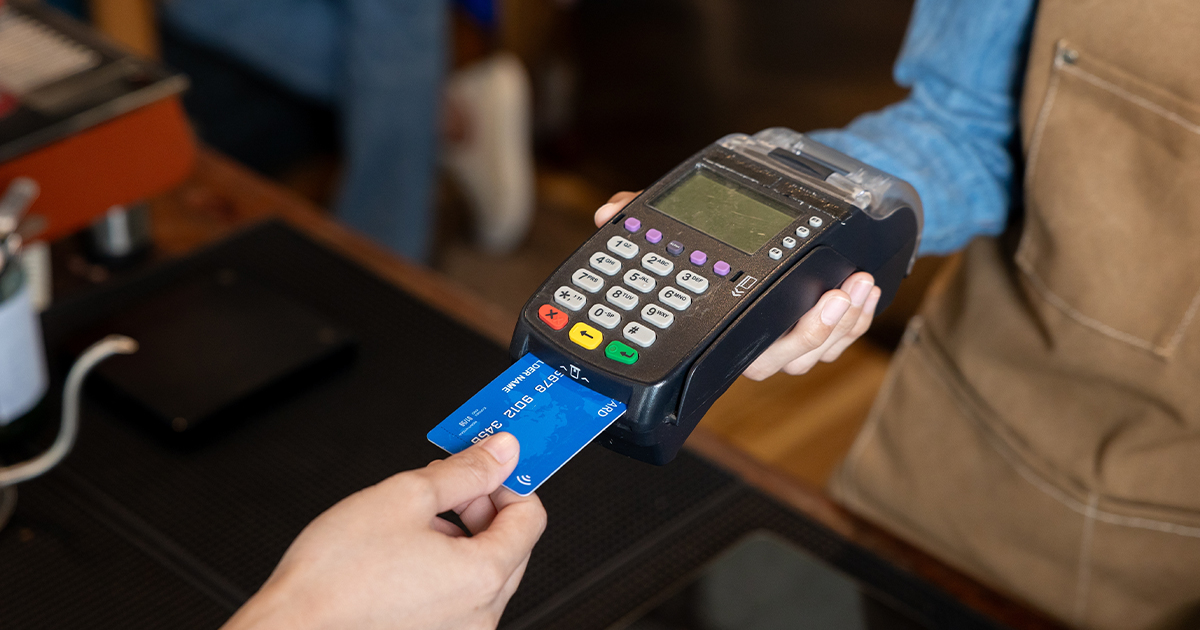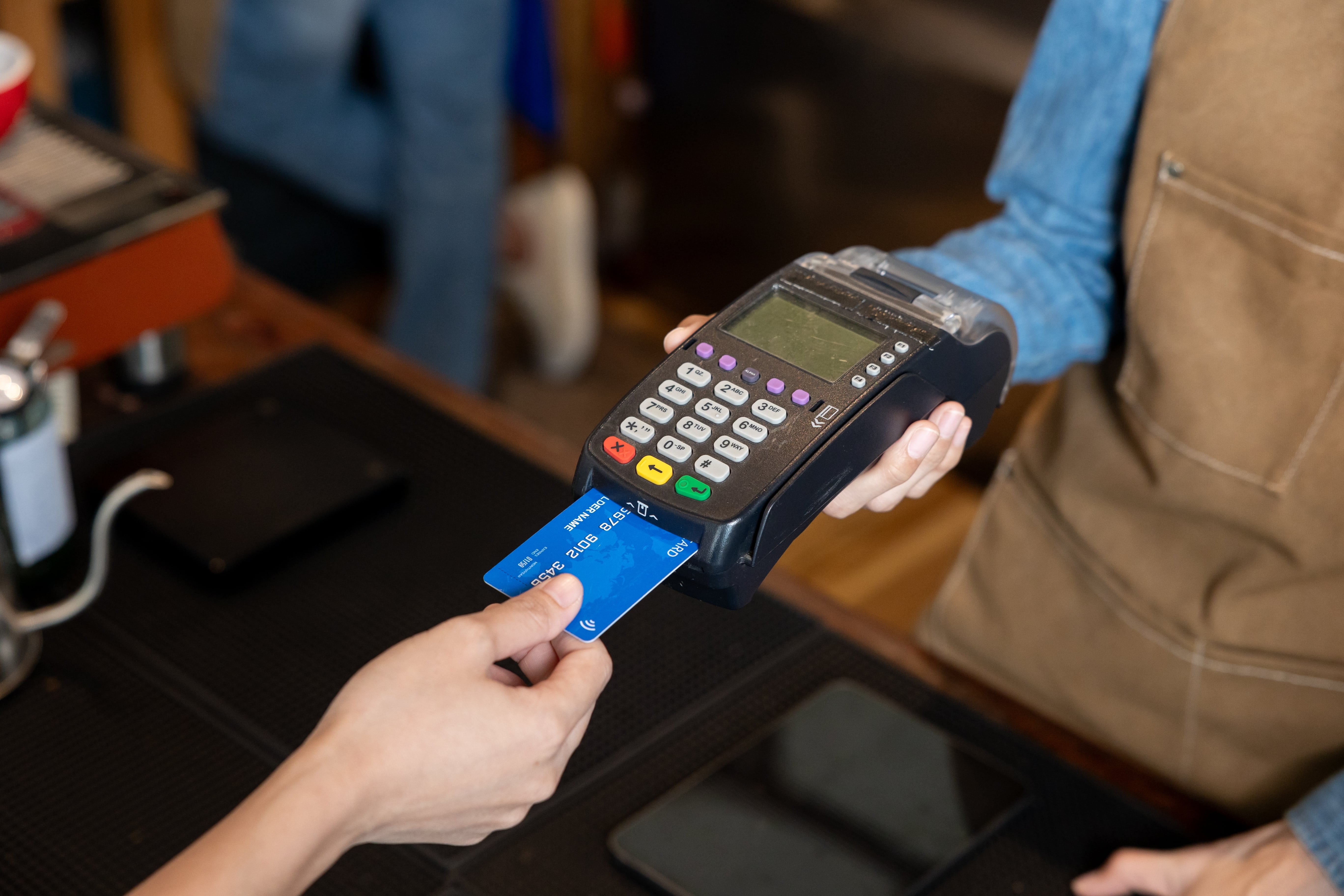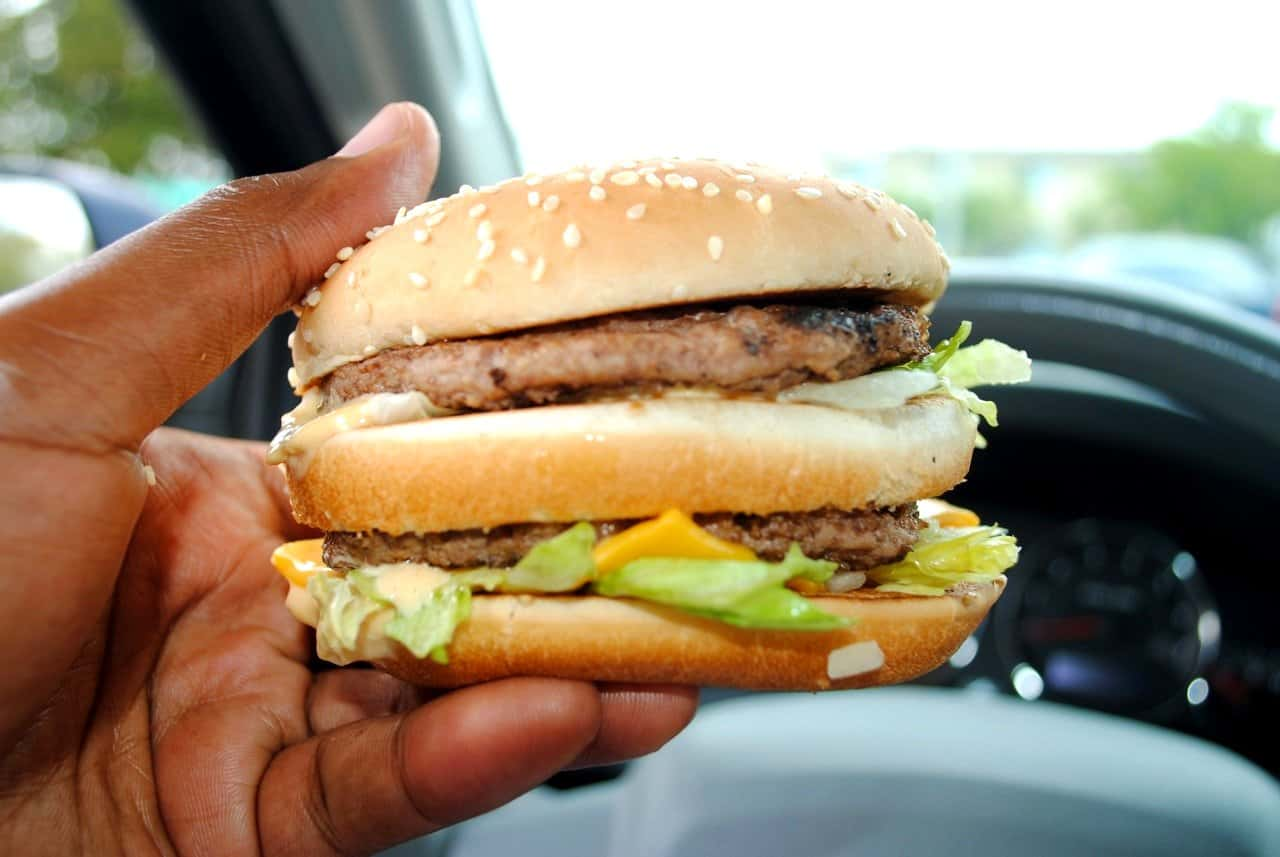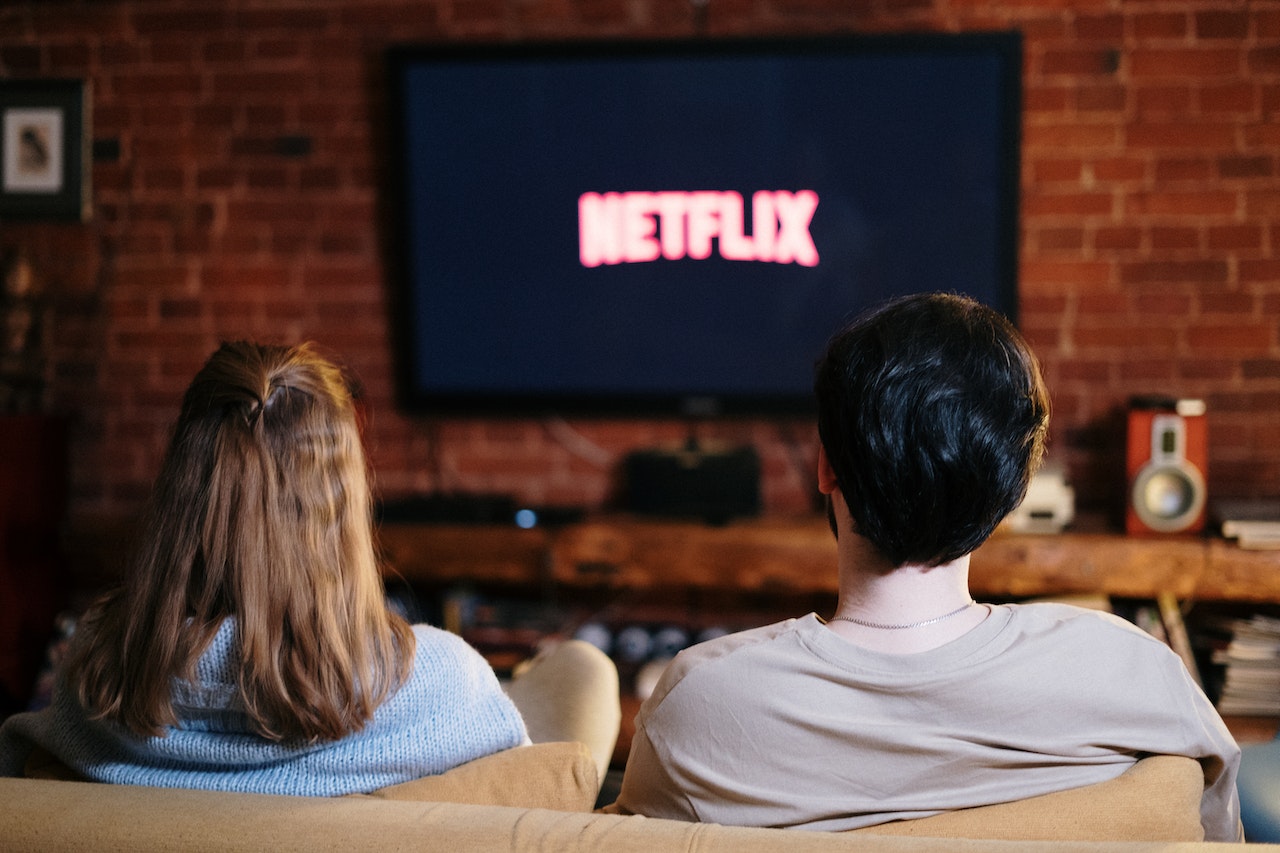The Cost of Guilty Pleasures
In the realm of personal finance, there's a fine line between necessary spending and indulging in little luxuries. These 'guilty pleasures' often appear insignificant in isolation but can add up over time.
In today's fast-paced world, where the hustle and bustle of daily life can often leave us feeling drained, finding small moments of joy and indulgence is not just a luxury, but a necessity for maintaining our mental well-being.
These moments often come in the form of what many would call 'guilty pleasures' – those little treats or experiences that we spend money on, knowing they aren't essential but recognizing they bring us a disproportionate amount of happiness.
But what makes a guilty pleasure stand out is its dual nature – while it brings momentary joy, it's not always essential or beneficial in the long run.
The Impact Your Guilty Pleasure Has On Your Wallet
While indulging in small guilty pleasures can be a key aspect of self-care and personal happiness, it's important to be mindful of their cumulative impact on finances.
These seemingly minor expenditures, whether it's a daily gourmet coffee, weekly takeout meals, or impromptu online shopping sprees, can quietly add up, leading to substantial monthly outlays.
When not monitored, these habitual spends can evolve into unsustainable financial habits, subtly eating away at savings and potentially leading to budgetary strains.
Small but Mighty Spending
It’s the small, often unnoticed expenses that can have the most significant impact over time, underscoring the importance of striking a balance between enjoying life's little luxuries and maintaining a healthy financial discipline.
According to a survey conducted by OnePoll in conjunction with LendingTree, the average American spends approximately $199 a month on guilty pleasures, amounting to nearly $2,400 annually.
This statistic highlights the significant role that small indulgences play in the budget and lifestyle of the average person in the United States.
Justifying Your Guilty Pleasure
A guilty pleasure is typically something you enjoy, even though it may not be considered essential or beneficial. It's common for people to have these indulgences, often justified as a form of self-care or reward.
In today's fast-paced world, small treats can be a way to unwind or give oneself a brief respite. Most people have these indulgences, acknowledging them as little breaks in their routine that offer comfort, excitement, or a change of pace.
From that first sip of a perfectly brewed cup of coffee to the immersive escape of a good movie, these pleasures, though seemingly insignificant, play a vital role in our self-care routine.
As we navigate the delicate balance between managing finances and nurturing our well-being, it’s important to acknowledge the value these small indulgences add to our lives.
So, what are the 10 most common guilty pleasures that Americans spend their money on?
1. Specialty Coffee
The daily ritual of grabbing a specialty coffee has become more than just a caffeine fix; it's a comforting routine for many.
Despite its average cost of $3 to $5 per cup, the appeal lies in its consistent quality and the luxury of choice it offers. Americans, in particular, are known for their love of coffee, with an average annual spend of $1,100 on coffee alone.
This habit illustrates not just a love for the beverage but also a cultural phenomenon around coffee culture and social interaction.
2. Fast Food
Fast food's allure lies in its convenience and comfort, making it a popular choice for meals on the go.
On average, a fast-food meal costs between $5 and $7, and it's reported that about 36.6% of U.S. adults consume fast food on any given day.
This statistic is a testament to the fast-paced lifestyle many lead, where convenience often trumps nutritional value.
3. Streaming Services
Streaming services like Netflix have become a staple in most households, with monthly subscriptions being common.
They offer non-stop entertainment and easy access, with costs ranging between $8 and $15 per month per service.
Over 78% of U.S. households have a Netflix subscription, indicating the massive shift in how entertainment is consumed in the digital age.
4. Candy and Snacks
Snacks, including candy, are regular purchases during grocery trips, serving as quick and accessible treats.
They typically cost between $1 and $5 per item, with the average American spending about $30 a month on snacks.
This guilty pleasure reflects not just a love for sweets and treats but also the growing trend of snacking as a part of daily eating habits.
5. Alcoholic Beverages
Alcoholic beverages serve as a social lubricant and a means of relaxation, especially consumed in social settings or during weekends.
The cost for a drink at a bar or restaurant ranges from $5 to $15. Statistics show that Americans spend approximately 1% of their gross annual income on alcohol, highlighting its role in socialization and leisure.
6. Cosmetics and Skincare
Cosmetics and skincare are popular for self-care and beauty enhancement, with monthly or bimonthly purchases being quite common. Depending on the product, prices range from $5 to $50.
The average woman reportedly spends about $313 per month on her appearance, emphasizing the importance placed on personal grooming and beauty in society.
7. Magazines and Books
Books and magazines, though less frequently purchased, serve as a source of entertainment and education. They cost between $5 and $30 for books and around $5 for magazines.
Around 73% of Americans read a book in the past year, showcasing a continued appreciation for written content in various forms.
8. Takeaway or Delivery Meals
Takeaway and delivery meals, popular 1-2 times a week, offer a break from cooking and the convenience of delivered food.
These orders typically cost between $10 and $30, with the average American spending $67 a month on takeaway meals.
This trend highlights the busy lifestyle of many, where time constraints lead to a preference for convenience in dining.
9. Gourmet Desserts and Baked Goods
Gourmet desserts and baked goods are often treated as special indulgences, especially popular during weekends or special occasions.
The joy of these sweet treats, priced between $4 and $8, goes beyond their taste to their presentation and the craftsmanship involved.
Their popularity is reflected in the $11 billion annual spending on bakery products in the U.S.
10. Movie Tickets
Going to the movies remains a classic form of entertainment, with tickets costing between $9 and $15.
Despite the rise of streaming services, the average American goes to the movies about 5 times a year, indicating the enduring appeal of the cinema experience.
Final Thoughts
While these small guilty pleasures add up in terms of expenses, they are integral to the fabric of modern living, providing moments of joy, relaxation, and comfort.
The key is to indulge in them mindfully, ensuring that these little joys don't derail our financial goals and responsibilities.






















